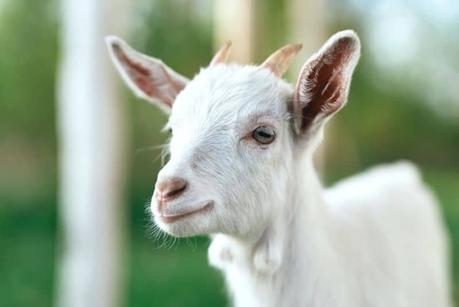
Micro-farms are eco-friendly, sustainable agricultural projects often located in urban or suburban areas. These farms typically occupy five acres or less, and produce fresh food for the property owner. Some micro-farm owners choose to sell their food locally.
Local laws and regulations will define how much space is required for micro-farming, especially livestock operations. Be sure to check with your city or county before building a coop or a pigpen. Keep reading for the top backyard livestock for your micro-farm.
Chickens
Chickens need a coop for shelter, roosting, and laying their eggs. They also need a "run," which is an enclosed area to scratch and peck around in the fresh air. Many new backyard farmers aren't aware that chickens can fly, so you could find them roosting in your trees if you don't enclose their run completely. Fresh eggs every morning are a delight anyone can enjoy, so consider starting your micro-farm with these feathered friends.
The benefits of owning chickens don't stop at free eggs, though. Chicken droppings enrich composts, and these birds help control insect pests in your yard. If you ever have a concern about your backyard chickens, there is a thriving online community of backyard chicken farmers to help you raise them and keep them healthy.
Goats
Pygmy or dwarf goats are good for more than yoga. Goats produce milk, and they love to trim your shrubbery. They're sociable herd animals, so you'll need at least two to keep each other company. Goats are quite loud, so keep your neighbors in mind before adding them to your micro-farm. They're also intelligent and prone to escape, so give them a large enough area to roam so they won't feel the need to explore outside of your property line.
Rabbits
Rabbit fur is exceptionally soft, so consider raising breeds valued for their fur. Collect it to sell for blending with other fibers to make sweaters. Building a rabbit hutch is relatively inexpensive, and rabbits are easy to feed. You can give them rabbit feed and scraps of fruits and vegetables, and they'll munch the day away!
Babydoll Sheep
An excellent source of wool, babydoll sheep also serve as living lawnmowers. They need space to roam and protection from predators, so give them sufficient shelter at night and sturdy fencing to keep them safe.

